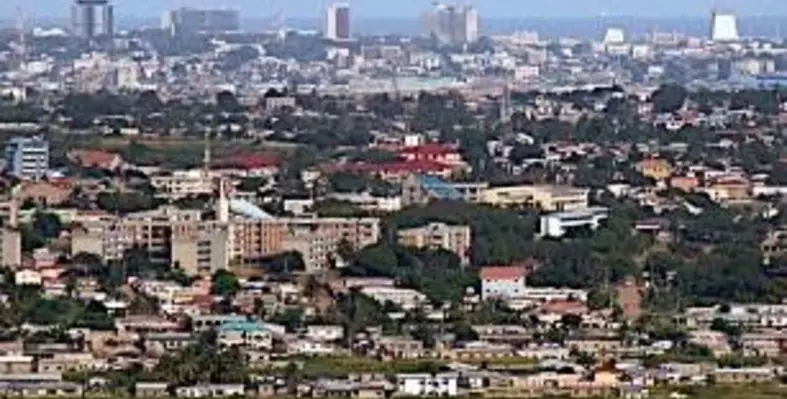Ghana’s aspiration of becoming a middle income country in a not too distant future hinges strongly on the availability of reliable and affordable electricity supply, a development tool that propels economies of countries in the current competitive global world
Currently, the Ghanaian government is still faced with an arduous task of fixing the country's power problem. There are increased criticisms of the government’s handling of the crisis, persistent power rationing as a result of low energy production, and large parts of the country continue to experience darkness.
This situation is hampering economic development and investor confidence as the government moves seriously to bring the situation to normalcy.
Ghana has an installed electricity generation capacity of 2,846.5MW with about 52 per cent recorded in May last year as coming from large hydro plants. The Volta River Authority (VRA) generates 75 per cent of Ghana’s electricity and the government is working according to plan to increase power generation to 5,000MW in 2016 and increase modern renewable energy sources contribution to the electricity mix to 10 per cent by 2020. This involves improving electricity access in rural areas using renewable energy. Electricity access in Ghana reached around 66.7 per cent of the population in 2009, with most of them living in urban areas. The government enacted a Renewable Energy Power Act in December 2011 to provide the legal framework for the development of renewable energy and has put incentives in place to encourage investors to invest in Ghana’s renewable energy industry. Currently, Independent Power Producers (IPPs) make up 12 per cent of generation mainly through thermal plants.
In its bid to accelerate economic growth and keep its dream of becoming a full middle income country in the shortest possible time alive, Ghana has already started processing gas from its offshore Jubilee oil field through a pipeline project that could save the government US$300mn a year on fuel costs even with the current steep drop in oil prices, according to state-owned Ghana Gas Company.
The Atuabo gas plant is supplying 50mn cfd to nearby thermal power generators operated by the VRA power utility in the western town of Aboadze. It has also produced 3,000 tonnes of liquefied petroleum gas and condensate as by-products. The project which was financed by a loan from the Chinese Development Bank and delayed for several months, aims to increase production to 150mn cf by the end of December 2014, according to Ben Asante, director of technical operations at Ghana Gas company, “Atuabo remains a vital cushion for the current unreliable gas supply from Nigeria and will remain in operation for the long haul.”
Emmanuel Yartey












